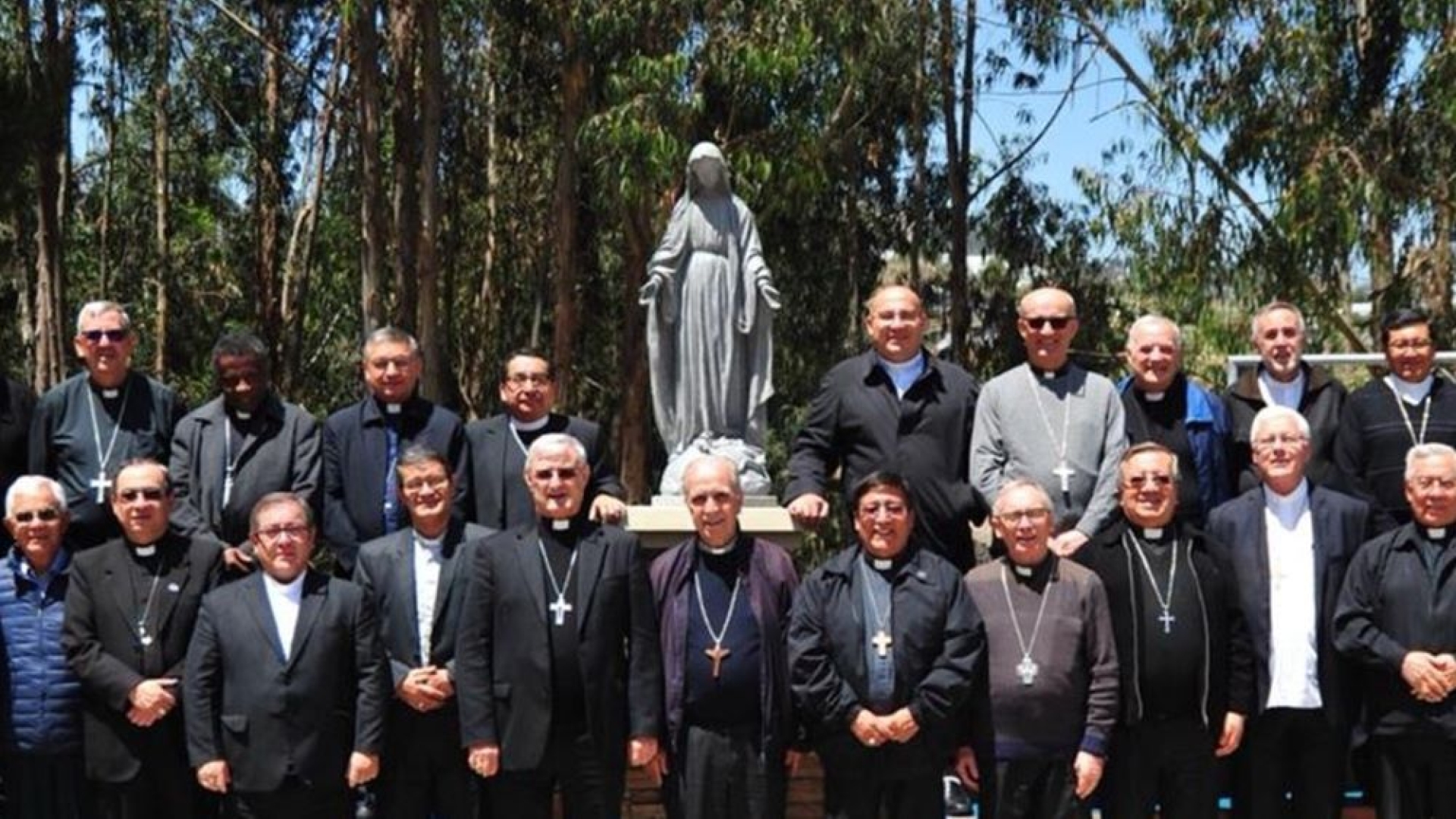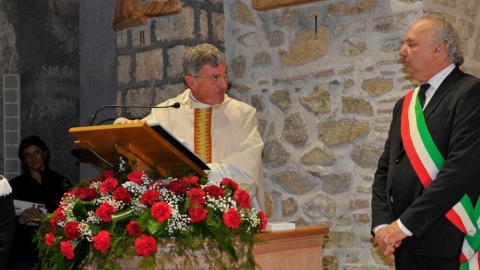The Bishops of Ecuador Oppose Euthanasia

Episcopal Conference of Ecuador
In a communiqué published on February 14, 2024, the Episcopal Conference of Ecuador (CEE) expresses its “deep concern” and its “disagreement” a few days after the country’s highest court tasked the executive branch with providing a legal framework for euthanasia.
FSSPX.News has already echoed this--that the Constitutional Court of Ecuador opened the door, on February 7, 2024, to a “euthanasia exception” under several conditions: in particular, when a patient is suffering intensely from an illness whose outcome is fatal and irreversible from a human perspective, and that the step is judged sufficiently “free” and “informed” to be accepted by the medical community.
The country’s highest court is allowing the government a few weeks to prepare a bill providing a legal framework for a practice until now criminalized by Article 144 of the Ecuadorean penal code.
This is a decision rejected by the country’s episcopate, which was quick to react in the press: “Human life is sacred and inviolable. Any complicity with death ends up being paid for by the weakest and most vulnerable. A society that does not defend them is condemned to the greatest manipulations and the worst tragedies. It is diabolical to want to defend life by giving a homicide a legal framework,” the Episcopal Conference of Ecuador (CEE) protested on February 14.
In their statement, the Ecuadorean prelates say that we can doubt the “informed consent” of a patient, given that knowledge of the gravity of his illness in general plunges him into a state of vulnerability which makes him poorly suited to make a free decision: thus, in many cases, the choice of euthanasia effectively returns “to the doctor, the family, and even the state or health care companies,” they explain.
Lucidly, the Ecuadorean episcopate recalls that suffering is an integral part of our human condition here below: “seeking to eliminate suffering is almost like eliminating human nature.”
In its communiqué, the CEE calls for the emphasis to be put on palliative care, which constitutes the only ethical alternative to assisted suicide: “Our responsibility is to alleviate suffering. To advocate for the implementation and promotion of a palliative care law in Ecuador, given that it currently doesn’t exist, instead of resigning ourselves to accepting the worst of the alternatives,” the episcopate believes.
There is urgency, because in this country--one of the smallest in Latin America--palliative care units cover barely 3.5% of real needs in this domain, according to Viviana Araujo Lugo, president of the Ecuadorean Association of Palliative Care.
Not to mention there is fairly weak social protection, which reserves the end-of-life care for the wealthiest patients, condemning the poorest to turn to euthanasia as soon as the law is passed and promulgated.
“We categorize human beings into groups: the healthy, the disabled, the unproductive, the poor who cannot access better support in their suffering. This has a deterrent effect, since it creates subtle coercion and a feeling of being a ‘burden,’” the Ecuadorean prelates lament.
“We will continue to announce the gospel of life,” concludes the CEE. When the Ecuadorean government hands in its draft, and if the bill is passed by Parliament, which is more than likely, Ecuador--a majority Catholic State--will be the second country in Latin America to legalize euthanasia.
Related Article:
(Source : Catholic News Agency – FSSPX.Actualités)
Illustration : Conferencia Episcopal Ecuatoriana (X)





